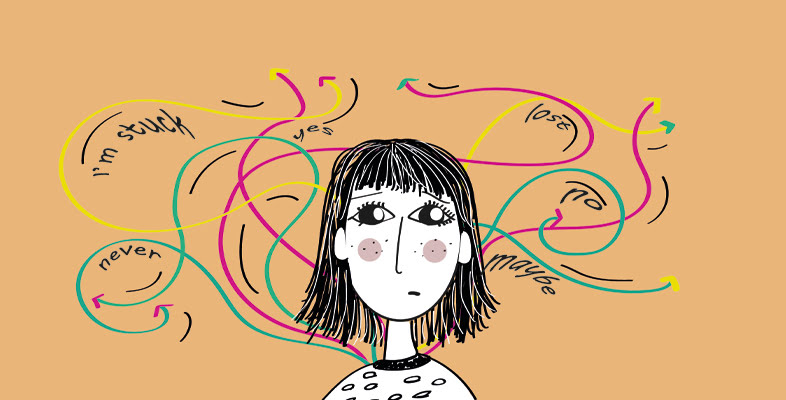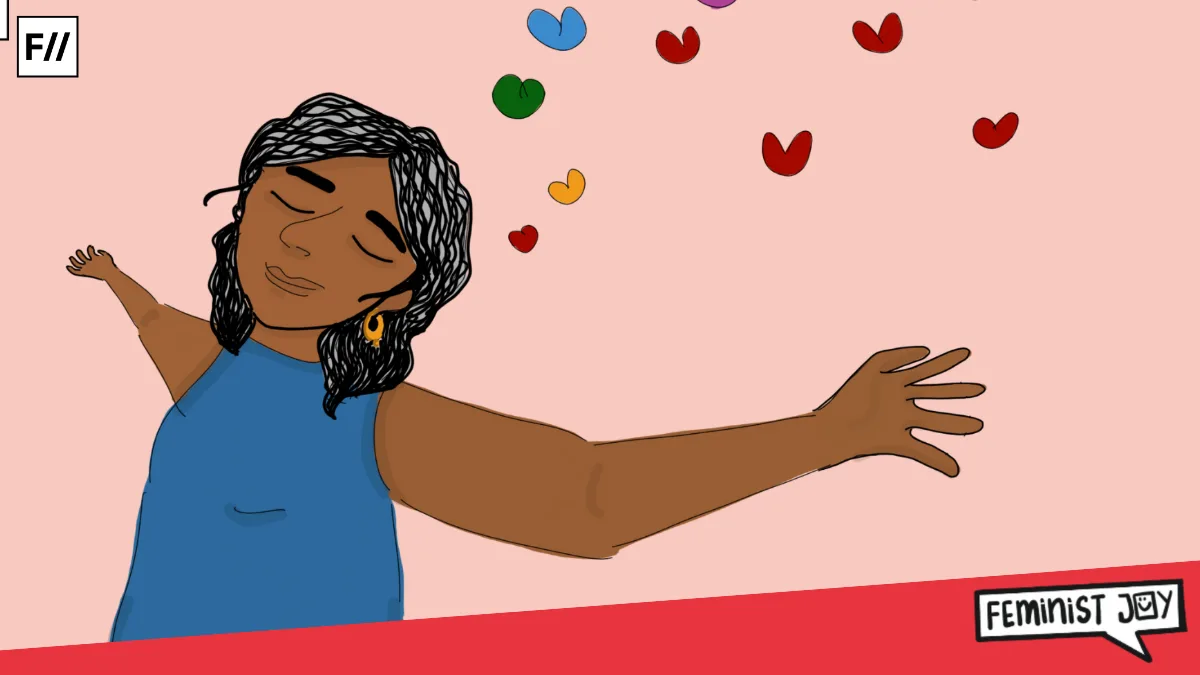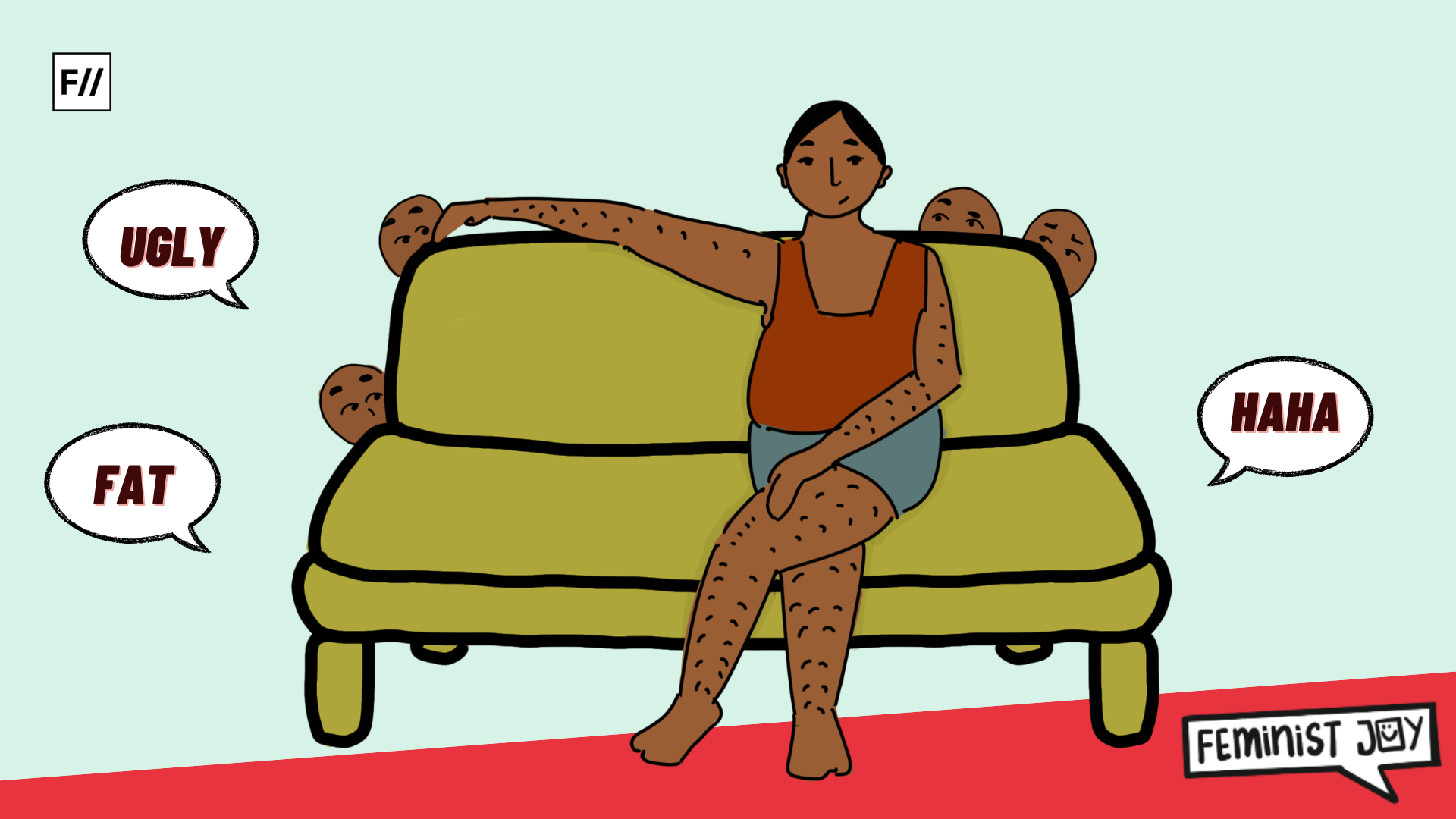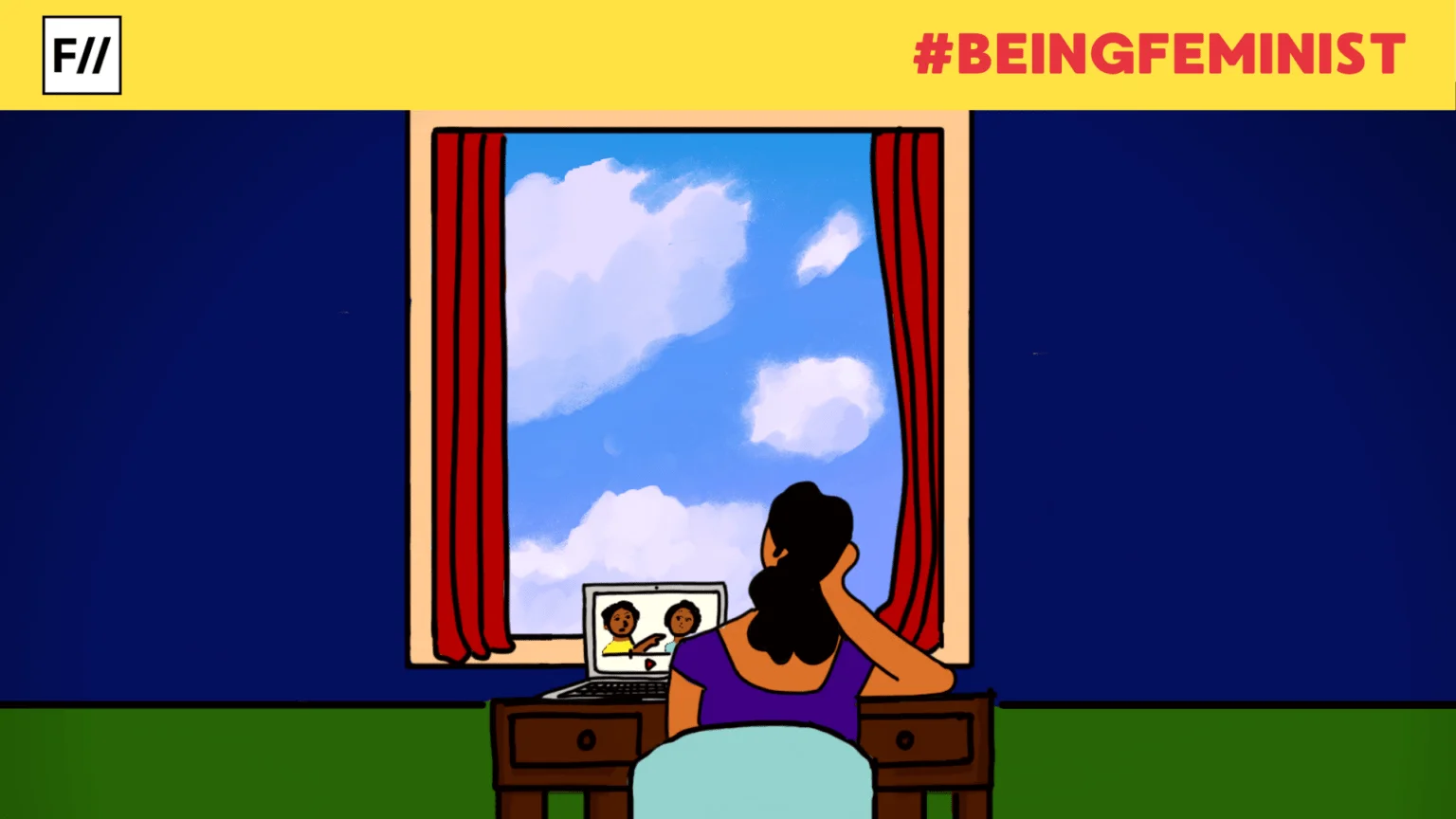I had planned on writing this article a week ago and have the first draft ready by now. I spent the last week panicking, thinking about the article, and anxious about the submission. But I did not write. It is 1:37 am and I have only started writing now. Does this sound familiar?
I have been struggling with completing my work by the deadline for more than two decades now, never realising that my brain works differently, that I am, what you might call a ‘special child’. That I have Attention Deficit Hyperactivity Disorder (ADHD).
ADHD is a neurodevelopmental disorder that affects 3-7 per cent of the adult population in the world. ADHD symptoms often go unnoticed, as in my case, because symptoms can be confused with ‘smartness’, ‘intelligence’ and ‘multitasking’. I had always been very intelligent as compared to peers my age. My paediatrician mentioned I would do considerably well in the standardised tests I took since childhood. They always thought I was two years ahead of my grade. Until I wasn’t…
They thought it was a sign of an intelligent child, while all along, I had severe ADHD. I survived every day with a motor in my body that did not allow me to sit, rest, or take a break. I grew up to be an adult with undiagnosed ADHD, who would do well in college essays but would not start until very close to the deadline. Sometimes, I would start after the midnight deadline would pass.
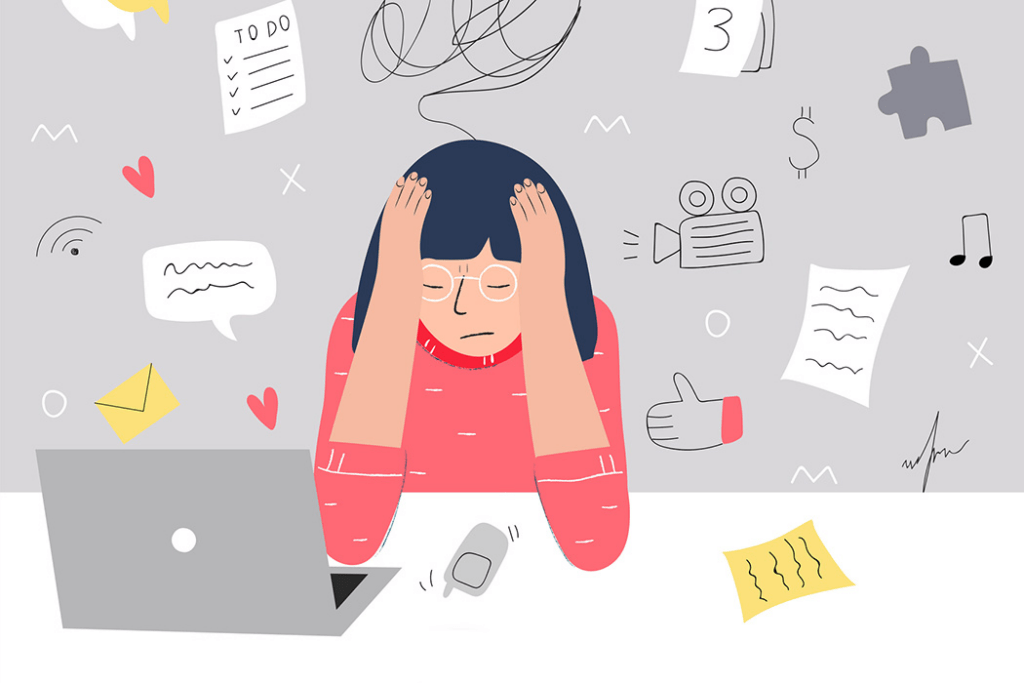
I thought I was being lazy, and so did everybody around me. It was a more convenient hypothesis since nobody wanted to believe I was ‘abnormal’. (I wasn’t. I just wasn’t neurotypical). In October 2021, I came across an Instagram post of an influencer who talked about her struggle with ADHD and how she got diagnosed. I read it again and again.
ADHD can be categorised into three types: inattention, hyperactivity, and a combination of both. After my diagnosis, I went to a psychiatrist and I have been on medication ever since. Here is how my life changed after diagnosis and medication: I understand my brain better, I know I am not lazy, and I try to make life less difficult for my neurodivergent self
I read books, articles, and watched interviews of adults who have ADHD. Some of the major symptoms that were highlighted were: difficulty paying attention to conversations, having no sense of time and missing deadlines frequently as a result, and not being able to relax or take a break. I worked on all vacations, with my family members screaming at me for not being able to prioritise family over work. Little did I know it was my brain that decided not to prioritise.
My journey of exploring ADHD was painful but surreal. I thought, if I had ADHD it would explain so much. So, I reached out to a psychologist and got my diagnosis done. Two weeks later, I got my diagnosis. It was the best day of my life, hands down.
It read: “Tanisha’s test findings suggest significant ADHD and functional impairment in attention and concentration.” I remember falling to my knees and crying like I lost a loved one. I had. I had lost my childhood being cruel to myself, I had lost a loved one. There was no going back now.
Also read: Discrepancies In The Diagnosis Of ADHD: The Confluence Of Mental Health And Gender

My ADHD was of the inattentive type. This means that I had fewer symptoms of hyperactivity and my inattention impacted my daily life more than hyperactivity. According to the National Health Survey, girls are more likely to have ADHD of inattentive type and are less diagnosed as compared to boys.
ADHD can be categorised into three types: inattention, hyperactivity, and a combination of both. After my diagnosis, I went to a psychiatrist and I have been on medication ever since. Here is how my life changed after diagnosis and medication: I understand my brain better, I know I am not lazy, and I try to make life less difficult for my neurodivergent self. I communicate better with my friends, loved ones, and colleagues. I tell them about ADHD and it helps them understand how I work. I have been able to pay attention to my tasks when on medication. I am kinder to myself.
Most importantly, I know my brain is different from those of my friends. I recognise that I don’t need to judge myself based on what others do. I see my journey differently.
October is ADHD awareness month, and we must understand and use this period to generate more dialogues on ADHD. It is important to know how to support partners who have ADHD and to identify children who have ADHD when they don’t know they might. It is important to know that neurodivergent brains are not ‘abnormal’. We are just different. Our brains have decided to not conform to neurotypical standards, and we should not be expected to, as well
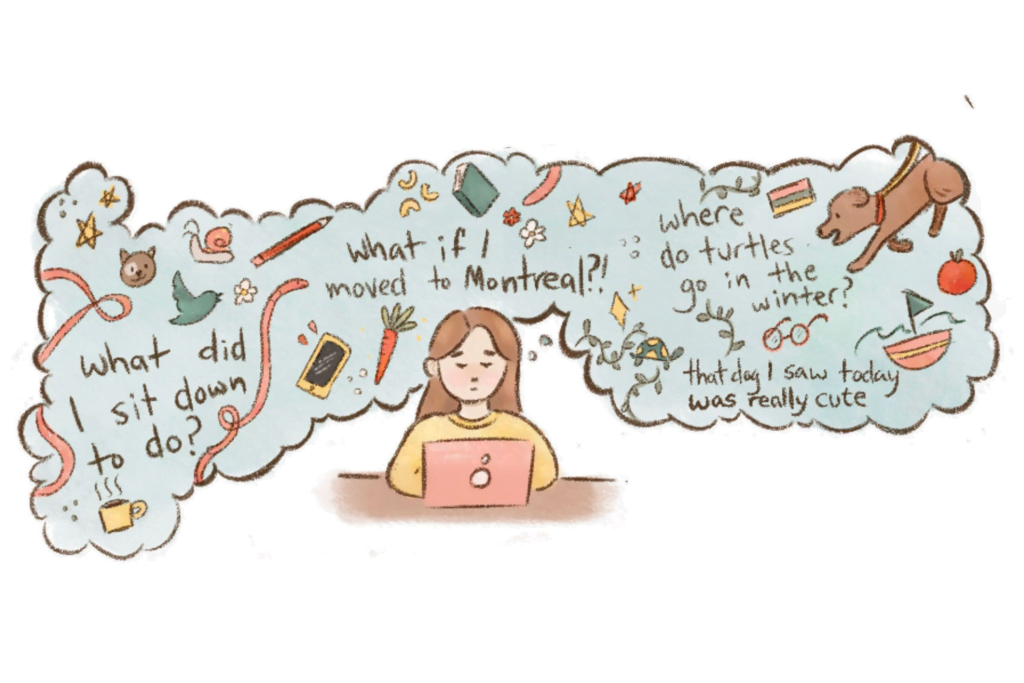
As mentioned earlier, ADHD is a neurodevelopmental disorder that affects 3-7 per cent of the adult population in the world. This means that there are chances: you might have ADHD, you might have friends who have ADHD, you might fall in love with someone who has ADHD, and you might give birth to children who have ADHD.
People with ADHD are struggling every single day. We don’t have to. If you think you or any of your loved ones show these symptoms, talk to them. Encourage them to get diagnosed as early as possible. An early diagnosis would have saved many years of my life when I made life for myself difficult. You and your loved ones do not need to punish yourselves.
October is ADHD awareness month, and we must understand and use this period to generate more dialogues on ADHD. It is important to know how to support partners who have ADHD and to identify children who have ADHD when they don’t know they might. It is important to know that neurodivergent brains are not ‘abnormal’. We are just different. Our brains have decided to not conform to neurotypical standards, and we should not be expected to, as well.
Also read: Can’t Stop Scrolling, Tapping Or Binge-Watching? Pay Attention!
(If you think you might have ADHD, consult a psychologist or mental health professional and avail a diagnosis done. Online tests can indicate ADHD but you must never base your inferences on online tests or self-diagnosis)
When she isn’t chasing random dogs, Tanisha (her/she) writes about education, freelancing, and neurodivergence. She is on Instagram and LinkedIn
